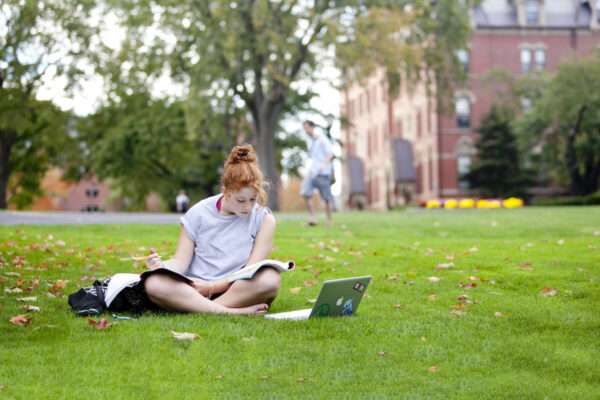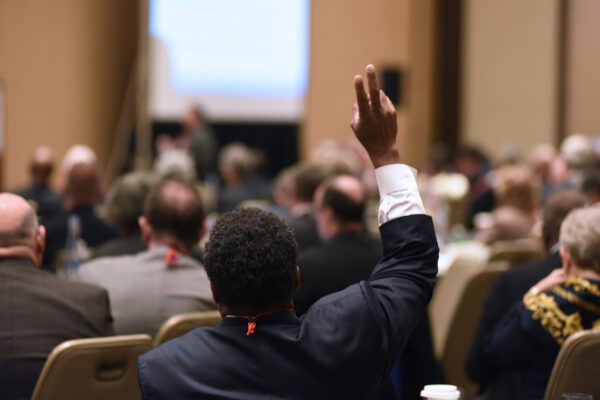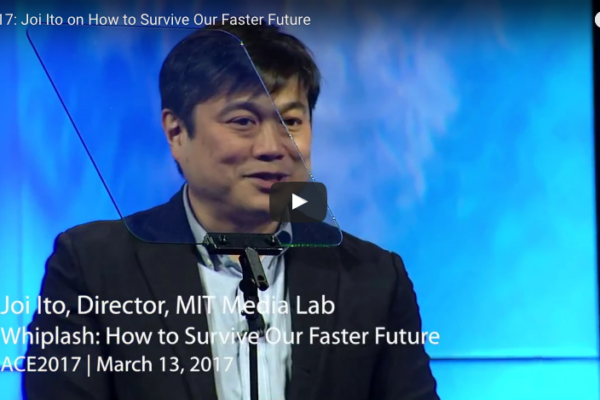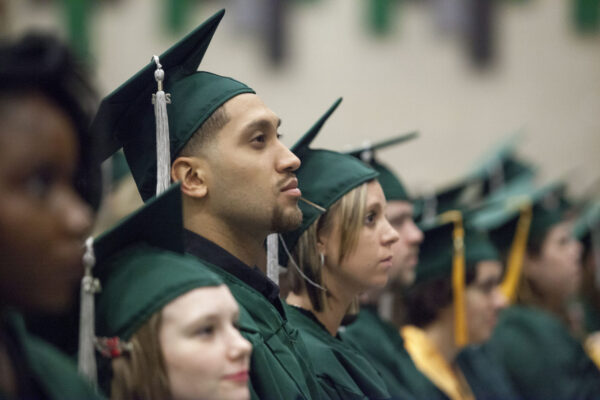
We Need to Talk About Learning Continuity
Amid all the transitions that students and colleges will be going through in the coming months, we need to start experimenting with new tools and practices—like blockchain—that hold the potential to equitably safeguard, verify, and share learning no matter where it happens, writes ACE’s Louis Soares.
April 22, 2020

Guideposts for the COVID-19 Learning Transition
COVID-19 is pressing millions of students and faculty into an experiment in teaching and learning that has implications for a new form of college-going that may transform our understanding of higher education. ACE’s Louis Soares writes that our knowledge of how students learn can help us figure out how to move forward.
March 30, 2020
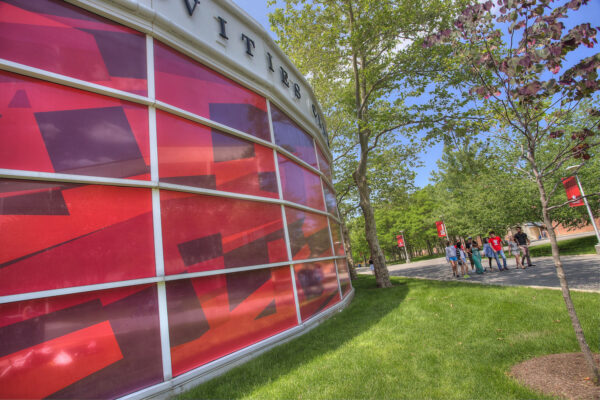
Transforming Professional Learning and Building a New Higher Education Community
ACE believes that the power to sustain and renew American higher education lies in the creativity, commitment, and expertise of the thousands of leaders that work every day to educate students on the nation’s college campuses. Philip Rogers and Louis Soares discuss the Council’s efforts to develop affordable, scalable, professional learning opportunities to make institutions and leaders more effective.
March 11, 2019
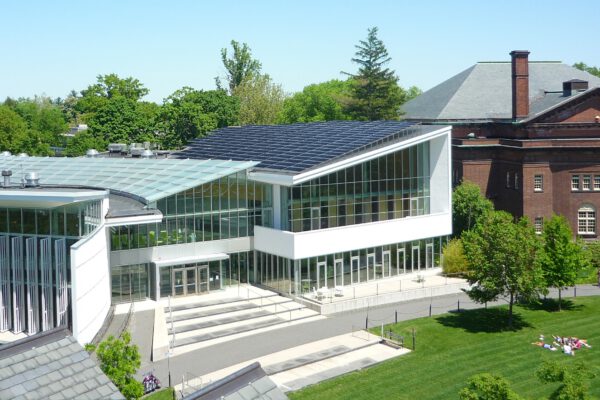
Five New England Colleges Open Solar Plant to Offset Energy Use
Five ACE member institutions in New England are teaming up to build a solar power facility to help offset their use of electricity. Amherst College, Hampshire College, Smith College, and Williams College in Massachusetts and Bowdoin College in Maine will build the plant and purchase zero-carbon electricity from it when it is completed.
May 7, 2018

Study Abroad (At Home)
EDUCAUSE President John O’Brien writes that collaborative online international learning—or COIL—gives students and campuses options when it comes to study abroad.
April 20, 2017
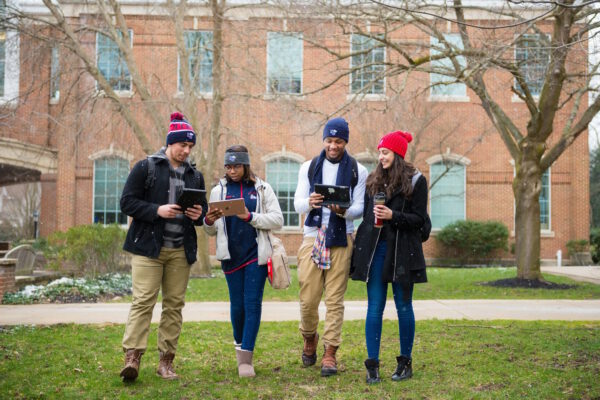
Hiram College as the New Liberal Arts: Integrated Study, High-Impact Experiences, Mindful Technology
Starting this fall, Hiram College—a liberal arts institution in northeast Ohio—becomes one of a small number of colleges and universities throughout the country to roll out a 1:1 campus-wide mobile technology program. President Lori Varlotta explores how this initiative positions Hiram to become a national model for the “New Liberal Arts.”
April 5, 2017
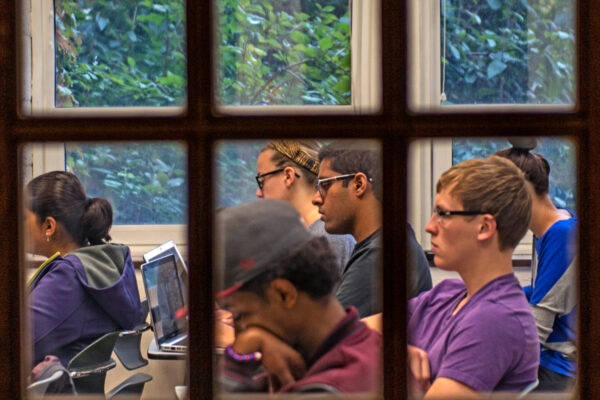
Access, Accessibility: The Future of Technology on Campus
In higher education, we tend to think of “access” in terms of a very specific set of issues. Predominantly, we use the term to talk about how low-income students or students from underrepresented groups enter higher education. But increasingly, there’s another kind of access that is drawing the attention of policymakers: access to postsecondary education for students with disabilities.
November 9, 2016
